|
We instinctively know that the label “organic” means better. But do you know why organic farming is better, who benefits from it and how it helps the environment? What is organic farming? Organic farming is centred around the idea that farming should be a part of the natural cycle. It doesn’t exploit the soil but enriches it, keeps it alive, protecting biodiversity, while making farming sustainable. It is a farming system that uses only natural fertilizers and environmentally friendly methods of pest, weed and disease control. When it comes to plant foods, it means the crops are grown without the use of synthetic fertilizers, dangerous pesticides, genetic modification (GM) and ionizing radiation. Organic farming relies on principles such as crop rotation, crop residue utilisation, composting, less mechanical and more manual labour. Organic foods don’t contain chemical preservatives. They aren’t coated in synthetic wax (e.g. citrus fruit) and don’t contain synthetic colourants or flavourings. That means not just that they are healthier, it also means they are fresher because they don’t have a long shelf life. Organic crops contain no or only tiny amounts of chemical residues. They have more antioxidants and some other nutrients, richer flavour, are safer for people with food sensitivities. They are also less likely to cause adverse reactions (due to the lack of chemicals in them) ref 1. How is organic farming more sustainable? Organic plant cultivation is great for the environment because it doesn’t pollute, it increases soil fertility, reduces soil erosion and protects wildlife. That way, it ensures the land can be used for generations to come without exhausting the natural resources in the area. One of the features of organic farming is cultivation of naturally more resilient crops that can ensure a reliable food supply. The organic standards mean that farm workers and people living in the area are not exposed to dangerous chemicals, which supports their health. That’s also a key part of sustainability. How does organic farming support wildlife and biodiversity? Synthetic pesticides, herbicides and other chemicals don’t just kill the unwelcome plants (weeds) or insects, they kill a number of species that are important to maintaining balance in nature. The poster species for the devastating effects of some industrial pesticides are bees. When bees die, our entire food supply will collapse because bees are the main pollinators ensuring successful crop yields. Yet it’s not only about bees. Organic farming also protects thousands of other insect species, hedgehogs, birds, bats, frogs and fish. It doesn’t poison them and their environment. Another big factor is that organic farming supports wildlife by maintaining hedgerows, ponds and woodlands. Synthetic fertilizers can pollute streams and ponds, throwing the whole ecosystem into disarray and causing problems such as algal bloom. When that happens, algae reproduce at a rapid pace, covering entire water surfaces and suffocating fish who live there. This simply doesn’t happen with organic farming! But that’s not all. By avoiding GM, organic farming also protects local species from introducing foreign genes into their populations. It’s true that some GM plants are safe but we still don’t have enough data to be certain of long-term effects of GM on native species and the environment. Organic foods don’t contain chemical preservativesWhy does organic farming use less energy and release less carbon emissions? According to the longest organic versus conventional farming comparison study (ref 2), organic farming uses 45 % less energy and releases 40 % less carbon emissions. Simply not using nitrogen fertilizer in organic agriculture saves huge amounts of oil used for its manufacture and transport. It also saves a lot of emissions as nitrogen fertilizers produce nitrous oxide – a powerful greenhouse gas. Another saving comes from organic farming relying more on manual labour rather than the use of machines and utilising local resources more thoroughly and efficiently. Growing organic crops also results in greater carbon sequestration. More carbon dioxide is captured and stored in the soil as carbon. This is a major advantage as not only it means that more carbon dioxide is sucked out of the air, it also means better soil quality. A large study showed that the best land management practices in organic farming can increase the amount of carbon locked in the soil by 24% (ref 3). Lastly, organic soil holds more water. That, of course, helps to conserve water but it also means organic crops are not as severely affected by dry weather as conventionally grown crops. Could the world’s farming ever be 100% organic? Organic farming requires more land than conventional farming to produce the same amount of food. Without chemicals, the yields and harvests are 10-20 % smaller (ref 4) . This begs the question whether we could feed everyone on the planet if all our farming was fully organic. A team of researchers modelled various food production scenarios. They came to the conclusion that the world population could be fed entirely through organic farming and without any deforestation but only under one condition. If we all go vegetarian (ref 5). Are there any disadvantages of organic farming? That depends whether we talk organic animal or plant farming. When it comes to plants, more manual labour and smaller yields make organic produce more expensive. Some argue that the energy and emission savings are not that big in organic farming because we need more land than non-organic farms to produce the same amount of food. Yet, organic farming has so many benefits that they still outweigh the need for slightly more land. Organic animal farming is usually a little better in terms of animal welfare. But because organic standards are meant to mainly protect the consumer and the environment, it’s often the animals who pay the extra price. It’s because the use of antibiotics and medication in general is severely restricted. So some animals may actually suffer more or for longer when they fall ill. Is buying local and seasonal produce more or less important than buying organic? Of course, if you can buy local, seasonal, organic produce, that’s the absolute best scenario! If that’s impossible, it may help to organise your decision-making into steps. Is the food organic but from the same continent? That may be the next best choice. Is the food organic and from the other side of the world? Then it depends on your priorities. Your health versus emissions caused by transport but you may also want to factor in how often you buy it. If it’s an occasional treat, it’s probably still a good choice. If it’s your staple, it may be better for you to look for a more local alternative. There’s no easy answer but the best policy may be to buy organic whenever possible and not beat yourself up when it’s not. Have you ever wondered what would happen if the world went vegan? This is what our future would look like if plant-based farming became widespread. References 1. Crinnion WJ, 2010. Organic foods contain higher levels of certain nutrients, lower levels of pesticides, and may provide health benefits for the consumer. Altern Med Rev. 15 (1): 4-12. 2. Rodale Institute. Farming Systems Trial. Available at: https://rodaleinstitute.org/science/farming-systems-trial/ 3. Crystal-Ornelas R, Thapa R, Tully KL, 2021. Soil organic carbon is affected by organic amendments, conservation tillage, and cover cropping in organic farming systems: A meta-analysis. Agriculture, Ecosystems & Environment. 312: 107356 4. Reganold JP, Wachter JM, 2016. Organic agriculture in the twenty-first century. Nat Plants. 2:15221. 5. Erb KH, Lauk C, Kastner T, Mayer A, Theurl MC, Haberl H, 2016. Exploring the biophysical option space for feeding the world without deforestation. Nat Commun. 7:11382. Source: Food & Living Vegan Photos from: Food & Living Vegan No additives, fewer pesticides and much more eco and animal-friendly than your average slice of bacon or jar of honey – when it comes to organic produce, there’s a lot to love. As the daughter of a beef farmer and an ambassador of Organic September’s #FeedYourHappy campaign, Sara Cox knows a thing or two about the joys of organic food. When we caught up with her she told us that she eats organic not just because “it’s gorgeous,” but because she believes that “it’s good for the animals and good for the planet,” too. “Give me a knobbly misshapen organic strawberry over the weirdly uniform non-organic ones any day,” and she’ll be happy, she says. We couldn’t agree more, to be honest, which is why we asked her to come up with a few top tips for how to #FeedYourHappy in the capital this Organic September: Get stuck in On September 16, shops across the city will be hosting all sorts of celebrations and offering free organic samples to customers. ..........have an Organic Kitchen pop-up with lots of cooking demonstrations using delicious organic ingredients going on. Guide to Organic SeptemberSpend a little, learn a lot
Catch River Cottage at Borough Market all month, delivering a season of cookery courses and free talks. Find out more info here. Go local Pop at independent pro-organic shops, ......... Or take a trip down to your local market and support organic farmers. Urban Food Fortnight – which runs from 8-24 September – showcases all the fabulous food that's produced across London. With a programme packed full of foodie events, it's a fantastic way to explore something new! Try something new Give an organic delivery box scheme a trial run. Check out companies that deliver in London, such as the Organic Delivery Company, Abel and Cole, Riverford or Well Hung Meat. A full list can be found here. Shop smart Look for the organic symbol - Soil Association or Organic Farmers & Growers - and make small changes to your weekly shopping. Take advantage of the amazing offers on your favourite organic products and stock up, or start small with your everyday essentials like milk or tea. Here's a great guide for what to look out out for. Eat up Look for organic when you eat out. There are some amazing restaurants and cafes that serve organic food. If you see the Organic Served Here logo, you can be sure they are committed to sourcing organic ingredients. The Soil Association has a fantastically comprehensive round-up of some of the capital's best pro-organic eateries. ''Sarah Cox's Guide to Organic September'' full article can be found here - Source: Foodism We all know that organic farming benefits nature - but that isn’t just the case for food. Here’s why we need to start thinking about organic beauty too... When you think about the ingredients in your favourite beauty products, it can be hard to believe that they come from the same farms as the food you eat. But with the farm-to-face movement growing exponentially, we need to start making the link. After all, the beauty industry is as accountable for the protection of wildlife as any other industry. When you consider that one species being removed from the natural cycle puts others at risk (e.g.bees move between flowers and pollinate them with around 180,000 different plant species and 1200 crops reliant on this process), and that many flowering plants are the main ingredients in most natural skincare products on the market, it follows that beauty brands need to ensure that their ingredients are sourced sustainably and that their farming practices benefit the natural world. What are agroecological practices? Thankfully, more and more of the brains behind beauty brands have made the switch to agroecological practices – a type of farming that works with not against nature, using virtually no pesticides, protecting biodiversity, and maintaining the land to make sure it’s hospitable for all of nature’s species. By making the move to organic farms, the amount of plant, insect and bird life is thought to increase by up to 50%. Creating this natural haven for wildlife is vital to the wellbeing of every living organism on the planet and a balanced ecosystem, where every living thing is safe to carry out its job in the food chain, means that we all have access to the nutrients we need. Founder of the brand Nourish London, Dr. Pauline Hilli, is a scientist at the forefront of promoting planet-friendly, organic, skincare. For the last 10 years, she has been working with the natural world to produce products that are kind to skin and wildlife in equal measures. All Nourish London products are sourced from farms that use agroecology. This means that all of the ingredients are grown in a way that builds new homes, produces food, and provides protection for a multitude of species. It’s because of this dedication to the natural world that the brand has been awarded the Soil Association organic accreditation. “It all starts with the soil. The thing with conventional farming is that the pesticides are used to increase the yield and the soil becomes stripped and potentially contaminated. With organic farming, you have more respect for the soil with rotation and keeping the land more nourished.” Before launching her own brand in 2011, Pauline had already been researching, formulating, and getting hands-on with natural skincare for 25 years. Her passion for creating effective organic products that compete with conventional ones has always been backed by the HEK Principle. Her set of expectations ensures that every single one of her products is Healthy, Effective and Kind to people and the planet. “Trees are the most valuable resources. They take carbon dioxide and put out oxygen – they play an important role in cleaning our air healthily, providing habitats for animals and insects and helping to keep the soil healthy. Trees represent a real junction and interconnectedness between various species inhabiting the earth, and when we talk about deforestation and the loss of those environments we must act quickly to find alternative methods to find the raw materials we need in the most sustainable manner.” Why do we need to act fast to protect wildlife?
Since 1970, 41% of Britain’s wildlife has declined. Habitat loss and pesticide use are key causes. Bees and other insects have lost much of their natural habitat in the past 60 years in the UK, including over 97% of wildflower meadows, hedgerows and woodland. If that wasn’t bad enough, the destruction of hospitable ecosystems has led to millions of species (500,000 animals and plants and 500,000 insects) being threatened with extinction over the coming centuries. What can I do? In the same way that we are responsible for the damage to wildlife, humans are in control of its future too. If we act now, we can make sure that today’s endangered species prosper in years to come. Opting for organic products is an easy first step you can take towards healthier global wildlife, and by deciding to purchase organic products, you are directly preserving the diverse environments where birds, bugs, and bees live. That said, it’s still pretty tricky to make planet-friendly beauty decisions. But, with the help of the Soil Association, it’s easier than ever to pick up an accredited organic beauty product if you look out for the COSMOS logo on your beauty buys. If you want to do more for wildlife, why not build a wildlife-friendly garden? Kick things off by letting some of your lawn grow, you’ll see wildflowers and butterflies in no time. Or, if you’re struggling for outdoor space, make time to put up a bird box. Birds are an important part of your garden’s ecosystem and will help every form of garden wildlife to thrive. Coffee is the only drink in the world being consumed in every single country on this planet. According to Brittanica, coffee is beverage brewed from the roasted and ground seeds of the tropical evergreen coffee plants of African origin. Coffee is consumed while people discuss all sorts of life and business matters. Drinking coffee is social event now, hundreds of stories, plans or plots have been made. Over a cup of coffee, business matters are resolved. UK has developed this culture from 2005 onwards. Apparently there are some health benefits (1) with presence of some natural antioxidants and it is also used in sports as booster in long distance sports. There are two main massively commerial varieties, Robusta and Arabica, and several countries around the world from Costa Rica to Brasil, Vietnam to Ethiopia and from Kenya to Indonesia Source: 1. www.healthline.com Coffee the most addictive drink in the world |
Archives
January 2023
Categories
All
|
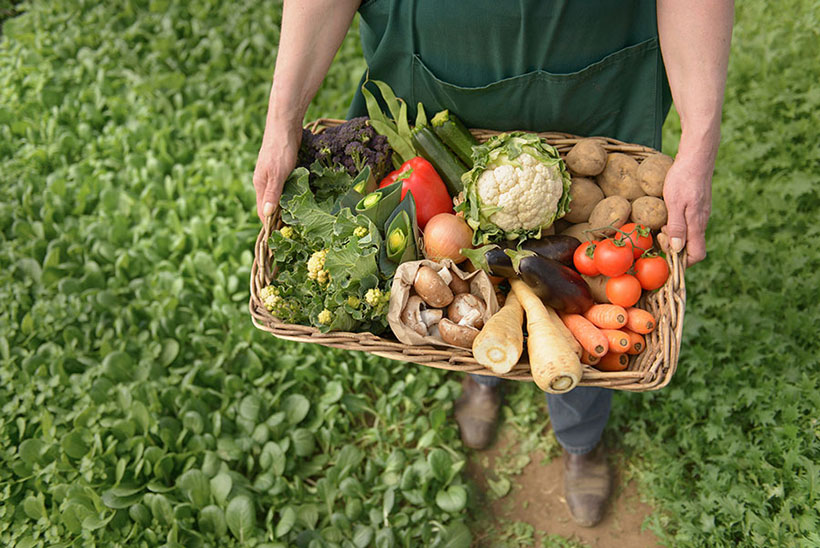
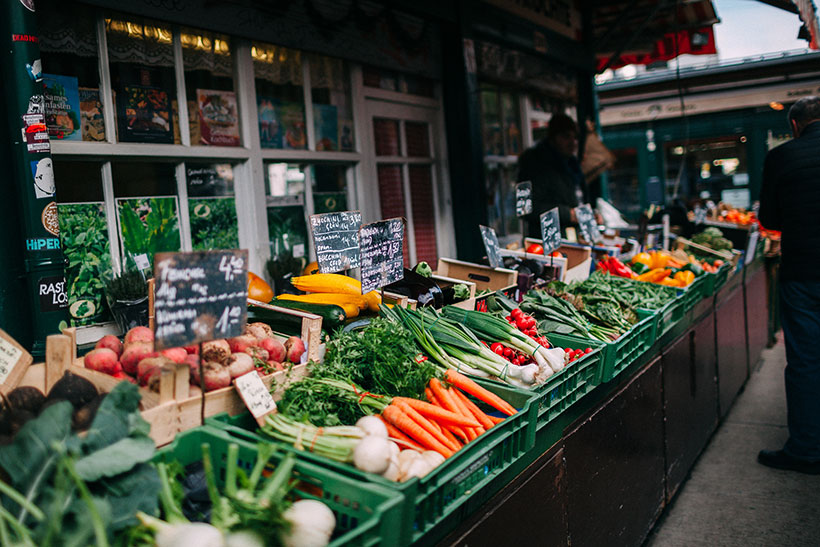
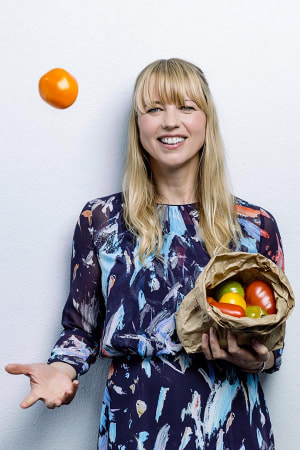
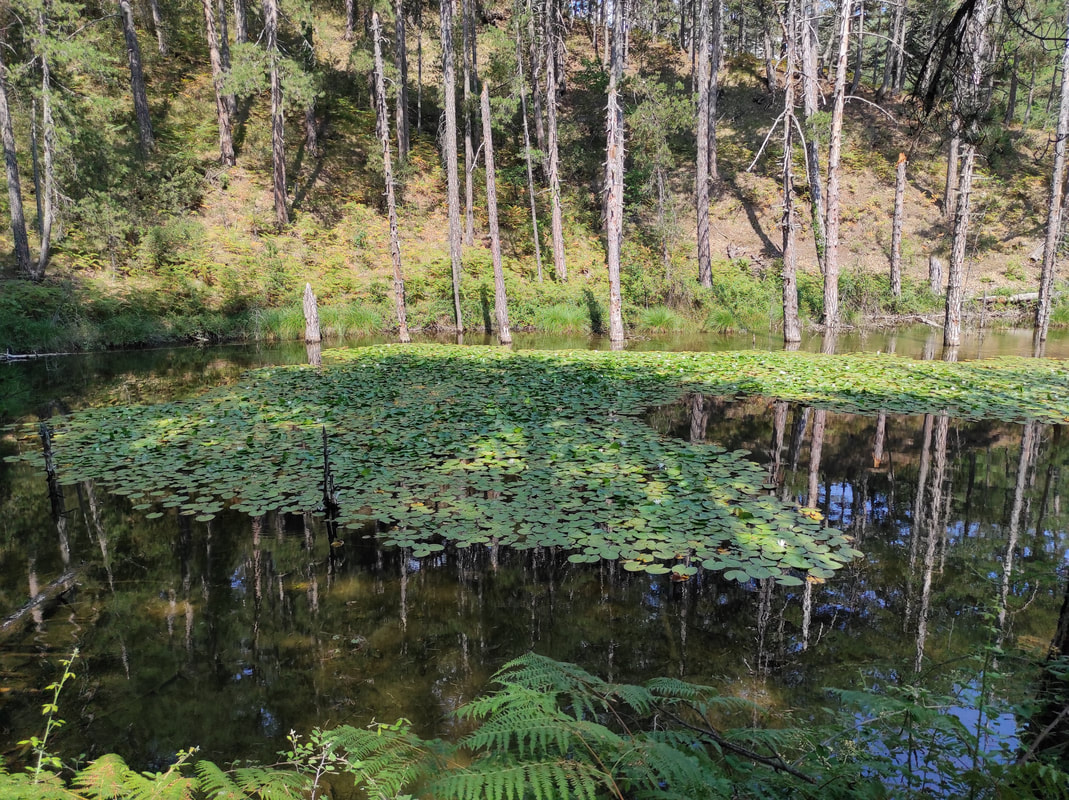


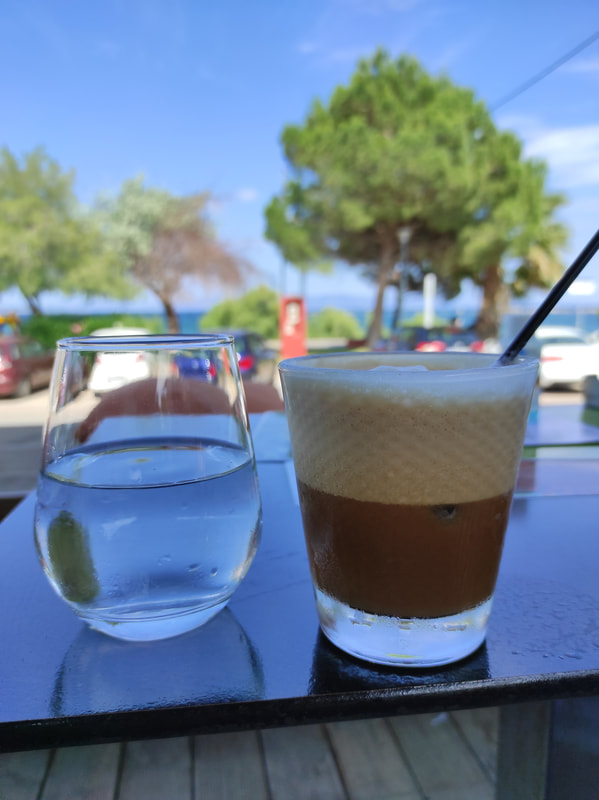

 RSS Feed
RSS Feed
